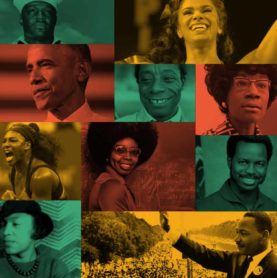Following the civil rights movement and increased awareness of Black identity, Black History Month started being recognized on college campuses in the 1960s. Since February was officially designated in 1976 as Black History Month by President Gerald Ford, it’s been a month-long celebration of the legacy, culture, achievements, and contributions to society made by Black people.
The Association for the Study of African American (ASAA) Life and History focuses on a theme for Black History Month every year. This year’s theme is Black Health and Wellness. The topic considers the contributions of African Americans to medical discovery and public health through a lens of From Exploitation to Excellence.
Among the many notable Black leaders in the medical field are Rebecca Lee Crumpler, James McCune Smith, Regina Marcia Benjamin, Herbert W. Nickens, and the Flying Black Medics, who invented modern blood banking, along with many others. From activists and civil rights pioneers such as Frederick Douglass, Sojourner Truth, Marcus Garvey, Martin Luther King Jr., Malcolm X, and Rosa Parks to leaders in industry, politics, science, culture, and more, Black people have advanced American society in countless, often unrecognized ways. Science, politics, law, the fine and culinary arts, and entertainment have all been progressed by Black people.
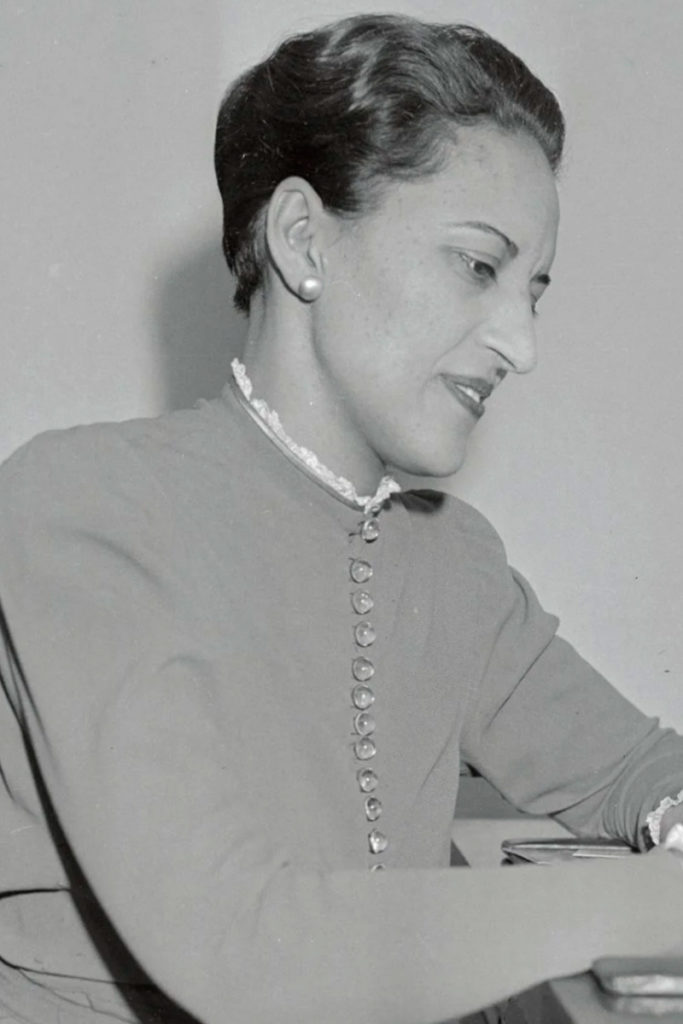

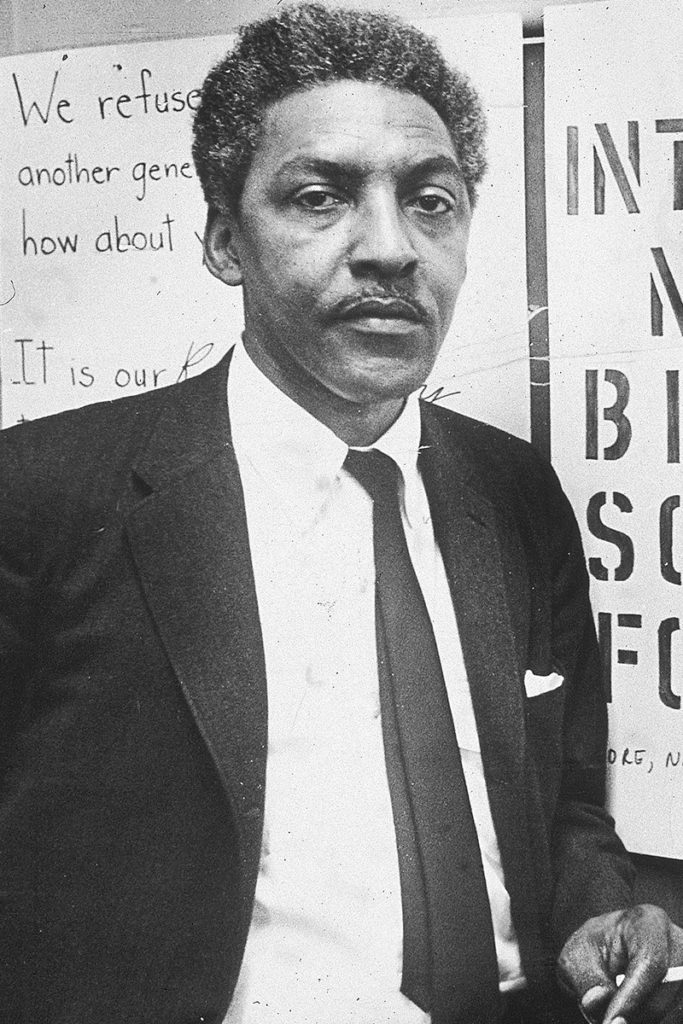
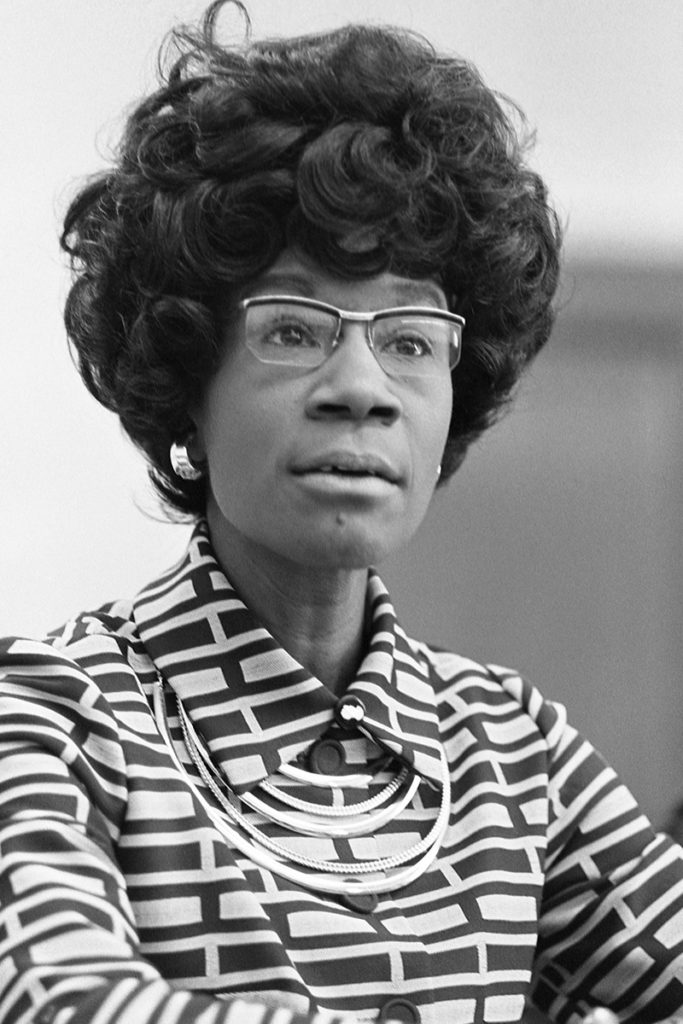
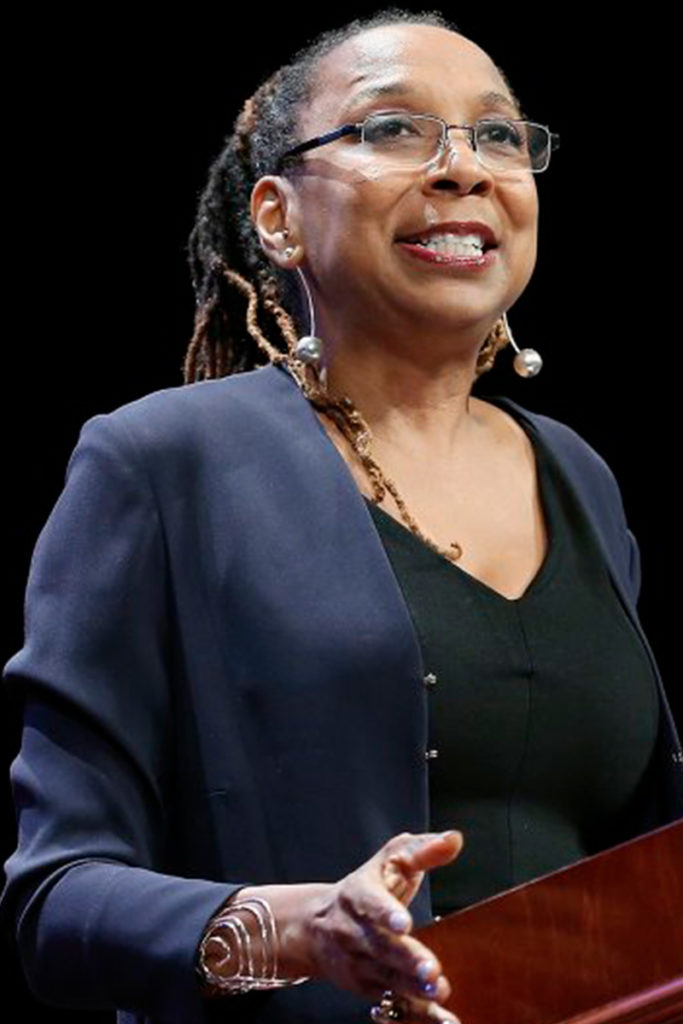
The Black population in the U.S. is growing. The Pew Research Center found in 2019 that there were 46.8 million people who self-identified as Black, making up roughly 14% of the country’s population. This marks a 29% increase since 2000, when there were roughly 36.2 million Black Americans. Representation of Black people in public office, teaching, and hospital positions, and even Hollywood, has improved over the years but still do not reflect the true population of Black people.
Representation is critical to the continued advancement of equity-minded policies and practices in our country. Although Black History Month is a time for us to reflect on the incredible contributions of Black Americans, it is also important to acknowledge our country’s past wrongs and the continued work there is to be done. Modern-day activists like poet Amanda Gorman, who captured this effort in her moving poem The Hill We Climb which she recited at President Biden’s inauguration, continue pressing for equity.
Throughout the month, the ASAA will be featuring virtual discussions on Race and Health Disparities in Urban African American Communities, The Racial Divide Black and White, Resisting Jim Crow, and many other author readings. Black History month is a time for all of us to reflect and remember that Black History is American History.
Black History Month Educational online resources:
- BlackPast.org is one of the largest repositories of information detailing years of Black history!
- For educators looking for resources to teach more about Black History, Scholastic, WeTeachNYC, Smithsonian Education, Edutopia, are all incredible tools that teach us how to teach such important history to children and even ourselves.
- If you’re interested in learning more about the Black Lives Matter, Teaching Tolerance, Teaching for Change, and Rethinking Schools, all talk about how to discuss BLM to children and in schools.
- Afro-Latinos are also a huge part of the diaspora of Blackness. The Diaspora Blackness in The Caribbean, Afro-Latino: A Deeply Rooted Identity Among U.S. Hispanics, Let’s Talk About The Phenotype And Global Blackness, This Is What It Means To Be Afro-Latino, are all interesting articles that speak about the many ways that people are Black in our country.
- We know that Black LGBTQ+ people are an essential part of Black History. 100+ LGBTQ Black Women You Should know and Supporting Black LGBTQ Students speak to how we can all support and learn more about LGBTQ+ Black people.
A great museum to visit is The California African American Museum (CAAM)

